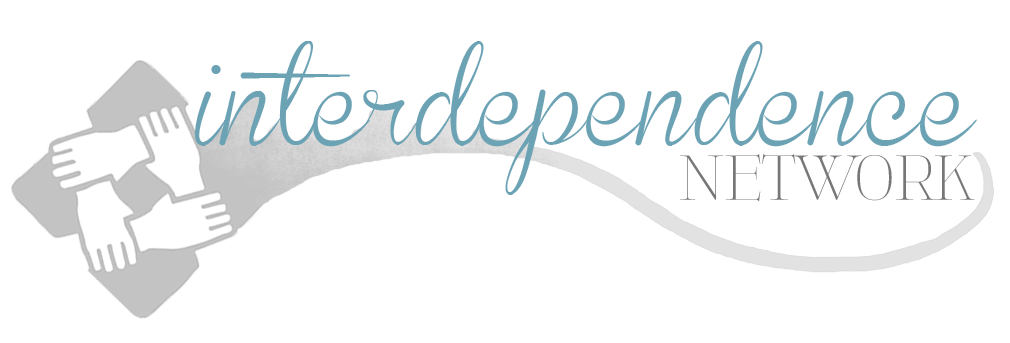About the Network
The Interdependence Network (IN) is a community of practice organized by individuals and human service organizations from around the United States, Canada and Australia. Members have committed to shifting their emphasis from the traditional medical model approach to rehabilitation, to an interdependence model, which builds and fosters social capital and social inclusion within communities as the primary strategy for enabling people with disabilities to become full members of society. An Interdependence paradigm promotes our commonality, not our differences. Such an approach does not concentrate on trying to fix or change the person with the disability. Instead, the focus is on helping individuals gain independence by developing and maintaining meaningful social relationships, based on the persons interests and passions. Indeed, relationship-building is a central tenant of this approach and is just as important for well being as traditional rehabilitation.
The Interdependence Network Community of Practice works to:
- Identify, debate and disseminate new approaches to human-service programs that facilitate the building of social capital and community engagement for people with disabilities as the primary outcome
- Develop a set of shared social capital-related outcome measures and indicators
- Develop a set of standards for organizations committed to an interdependent paradigm.
- Educate businesses and community organizations on how to be more welcoming of people with disabilities.
Dr. Al Condeluci, CEO of Community Living and Support Services (CLASS), originally organized the group in 2008 to work on a special issue in the Journal of Vocational Rehabilitation. That issue explored the impact of social capital and hypothesized how to address the high rate of social isolation among people with disabilities.

